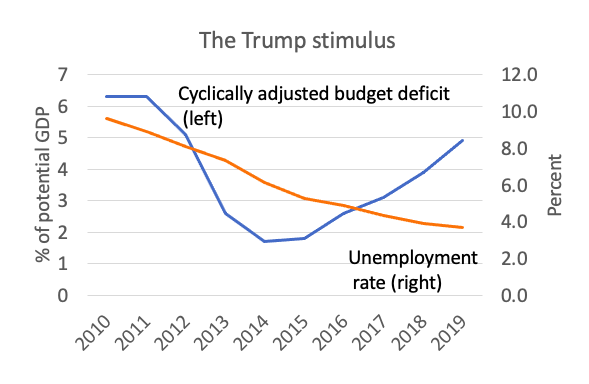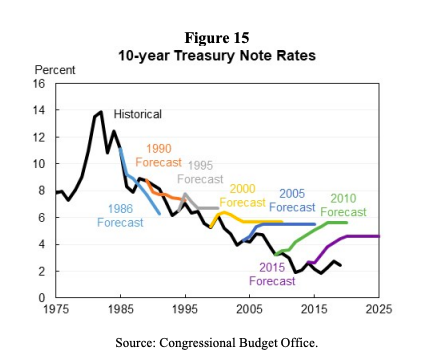
Some people have suffered terribly in the pandemic; others have done OK. This sets us up for a lot of misery in the first half of 2021, especially if there isn't a relief bill — but also for a strong recovery 1/ nytimes.com/2020/12/14/opi…
Over the next few months millions of Americans will be in desperate straits — savings exhausted, quite possibly evicted and homeless. But laid-off workers tend to be low-wage, which is why GDP has recovered much more than employment (Macro Advisers data) 2/ 

And the higher-wage workers who haven't been hurt much by the pandemic have been saving a lot, and are now flush with cash 3/ 

What all this means is that we'll be well set up for a rapid economic surge once the vaccine is widely distributed, even though many Americans will have been financially ruined. It's grossly unfair, and shouldn't have happened this way, but it's how things are 4/
• • •
Missing some Tweet in this thread? You can try to
force a refresh










